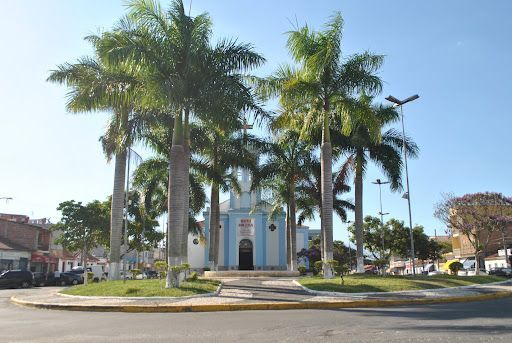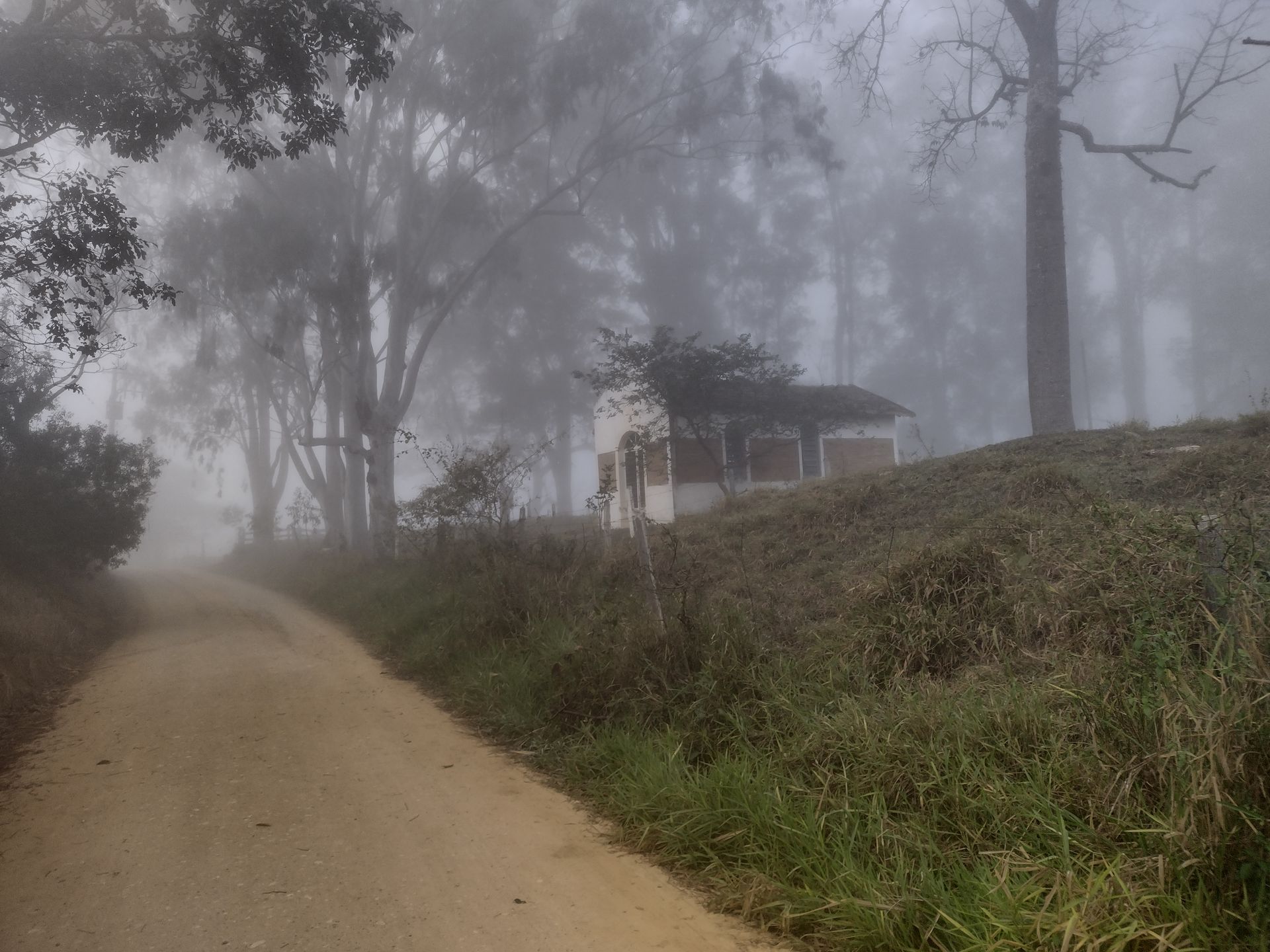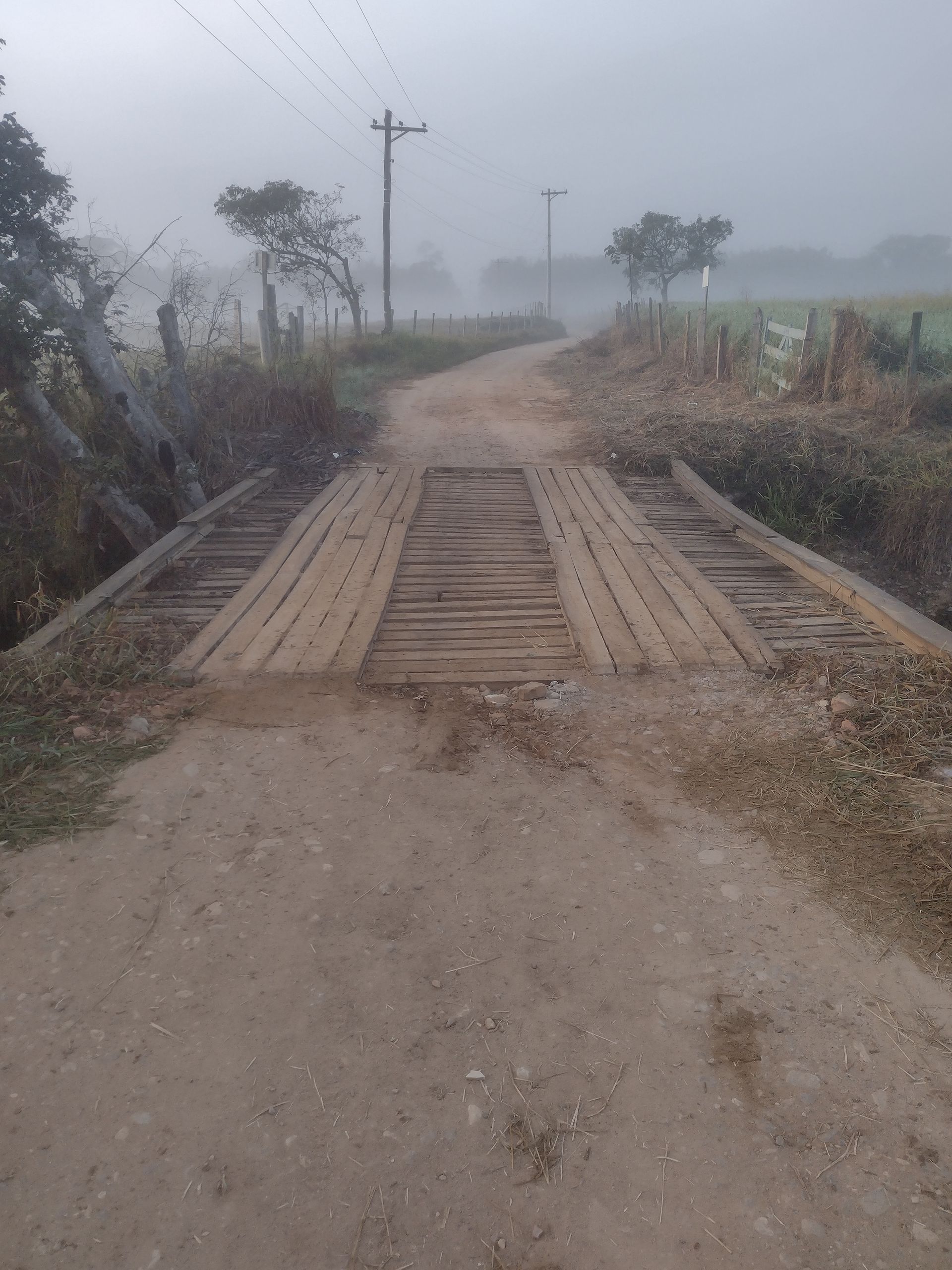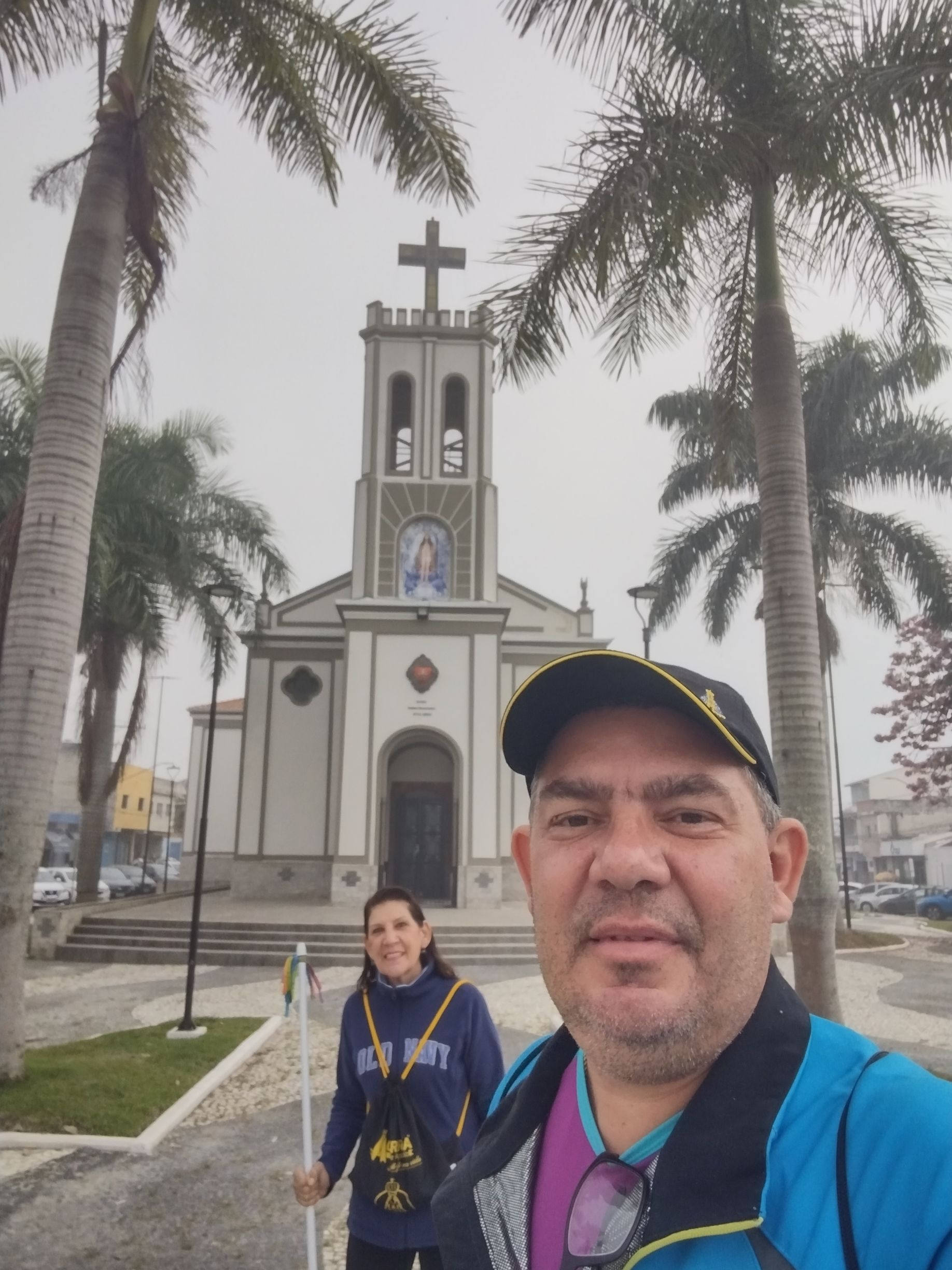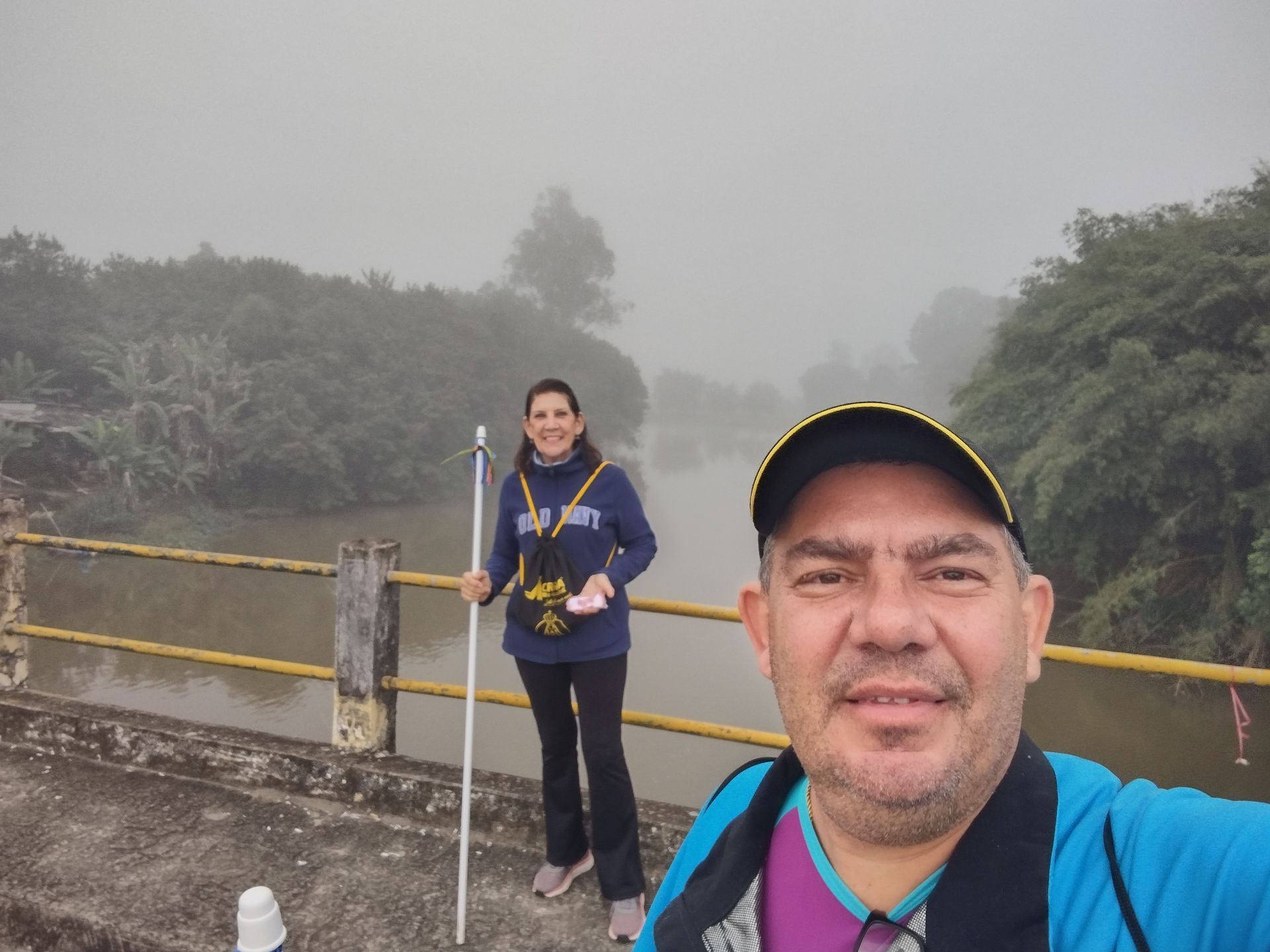Capivari - SP
On this page, the Portal Peregrino da Esperança presents the city of Pindamonhangada, located in the interior of São Paulo, which stands out both for its historical importance and for its role in the economic, cultural and social development of the Paraíba Valley. The chosen Patron Saint was Our Lady of Good Success.
🕊️ “When all seems lost, it will be the happy beginning
of complete restoration.” (Our Lady of Good Success)
Features of the City of Capivari - SP
The city of Capivari, located in the interior of the state of São Paulo, stands out for its rich history and strong ties to the cultural and economic traditions of the region. Officially founded in the 19th century, Capivari initially grew around agriculture, especially coffee cultivation, which boosted the development of the municipality and attracted many migrants in search of better opportunities. Over the years, the city has undergone significant transformations, expanding its industrial park and diversifying its economy, without, however, losing the characteristic charm of cities in the interior of São Paulo, marked by a welcoming atmosphere and strong community ties.
The architecture of Capivari's historic center reveals a past full of colonial influences and the beginning of São Paulo's urbanization. Old churches, public buildings and mansions preserve features that recall the city's formation, providing a setting that attracts tourists interested in culture and history. Among these landmarks, the Igreja Matriz de São João Batista is one of the most representative symbols, serving not only as a place of worship, but also as a center of social interaction, where traditional celebrations and events strengthen the local identity. The care taken to preserve the historical heritage demonstrates the local population's commitment to valuing its roots.
Capivari maintains a variety of cultural and religious events that involve the community and encourage popular participation. Traditional festivals, such as patron saint celebrations and folklore events, bring together residents and visitors, promoting cultural exchange and the continuation of traditions. These festive moments reinforce the feeling of belonging and the importance of the city as the guardian of a cultural heritage that spans generations. Local culture is also expressed in the typical cuisine, crafts and artistic activities that enrich the daily lives of Capivari residents.
The economic development of Capivari reflects the diversity that characterizes many cities in the interior of São Paulo. In addition to agriculture, industry and commerce play a fundamental role in sustaining the local economy, providing employment and generating income for the population. The proximity to large urban centers and the good transportation infrastructure favor the flow of production and access to larger markets. Despite the advances and modernization, Capivari preserves the tranquility and quality of life that attract both residents and visitors, establishing itself as a regional hub balanced between tradition and progress.
Finally, Capivari is a city that symbolizes the richness and diversity of the interior of São Paulo, where history, culture and development go hand in hand. Its architectural heritage, cultural traditions and dynamic economy make it a vibrant and welcoming place. The city continues to grow without losing its connection with its origins, showing itself as an example of how communities in the interior can preserve their identity while adapting to the demands of the contemporary world. In this way, Capivari remains an important point in the regional scenario, valued for its history and the spirit of its people.
The city of Capivari, located in the interior of the state of São Paulo, has its importance increased by being part of the Caminho do Sol, a pilgrimage route that values the spirituality, culture and nature of the region. The inclusion of Capivari in this route provides pilgrims with an enriching experience, as the city offers an environment that combines historical tradition, cultural manifestations and hospitality typical of the interior of São Paulo. The Caminho do Sol, passing through Capivari, allows hikers not only to advance in their physical journey, but also to connect with the local heritage and faith, transforming the journey into an experience of reflection and learning.
The stretch that crosses Capivari presents pilgrims with urban and rural landscapes that reveal the diversity of the municipality. The city streets, marked by historic buildings and well-kept public spaces, invite one to rest and contemplate, while the surroundings offer the tranquility and beauty of preserved nature. This integration between the urban and rural areas is one of the aspects that enrich the Caminho do Sol, allowing walkers to experience the harmony between man and the environment, so essential to the spirituality that sustains the pilgrimage.
Furthermore, visiting the municipality strengthens the connection between residents and visitors, creating an atmosphere of welcome and cultural exchange. The local population, aware of the importance of the Caminho do Sol for the appreciation of the region, often gets involved in activities that support pilgrims, such as offering information, rest stops, food and even lodging. This interaction humanizes the journey, making it safer and more enjoyable, and at the same time stimulates the strengthening of the local economy through religious and cultural tourism.
Capivari’s participation in the Caminho do Sol also contributes to the preservation of the city’s historical and cultural heritage. The flow of pilgrims and visitors generates a renewed interest in cultural assets, such as churches, squares and popular traditions, encouraging efforts to preserve and value these elements. This reinforces the city’s role as a guardian of regional memory, while also offering visitors the opportunity to experience the authenticity of the interior of São Paulo. This synergy between tourism, culture and religion creates a virtuous cycle that benefits both the local community and pilgrims.
Thus, Capivari plays a fundamental role within the Caminho do Sol, not only as a transit point, but as a living space for encounters, faith and culture. The city contributes to making the pilgrim's journey complete, full of meaning and experiences that go beyond mere physical movement. In this way, Capivari reaffirms its identity and regional importance, offering those who travel the Caminho do Sol a welcoming environment, rich in history and spirituality, capable of transforming the walk into a truly transformative experience.
The Capivari Parish Church, dedicated to Saint John the Baptist, is one of the most important symbols of the city's history and religious beliefs. Its construction dates back to the early days of the city in the interior of the state of São Paulo. Its foundation is linked to the development of the local community, which had been seeking a space to celebrate its faith and strengthen social ties since the 19th century. The church not only served as a place of worship, but also as a meeting point and reference for residents, consolidating its position as a central landmark in the cultural and spiritual life of Capivari.
Over time, the church underwent several renovations and expansions, reflecting the city's growth and the need to adapt the temple to the demands of the population. The church's architecture combines elements of the neoclassical style, which was very common in 19th-century religious buildings in São Paulo, with its own characteristics that were incorporated into later adaptations. Its interior houses richly decorated altars, sacred images and works of art that express the devotion of the faithful and the importance of religious heritage to the local identity.
The main church played a key role in important events in the history of Capivari, being the stage for religious celebrations, traditional festivals and community meetings that marked the daily lives of residents. Festivities in honor of Saint John the Baptist attract believers not only from the city, but also from neighboring regions, reinforcing the main church as a center of faith and culture. These celebrations help to keep the collective memory alive, while promoting social integration and the preservation of local traditions.
The preservation and care of the church reflect the commitment of the population and authorities to preserving this historical and spiritual heritage. Over the years, initiatives to restore and maintain the church demonstrate the appreciation of the temple not only as a place of worship, but also as a cultural asset that represents the history of the city. This concern for preservation ensures that future generations will be able to learn about and experience the historical and religious richness of Capivari.
Thus, the Igreja Matriz de São João Batista remains an enduring symbol of faith, history and culture in Capivari. Its presence in the city center reaffirms the importance of religious tradition in the formation of local identity and serves as a point of reference for residents and visitors. In every architectural detail and in every celebration held, the church keeps alive the connection between past and present, between spirituality and community, consolidating itself as a true heritage of the interior of São Paulo.
Photographs of the City of Capivari - SP
